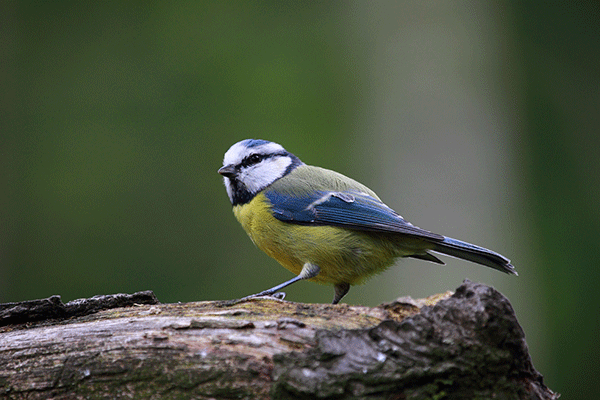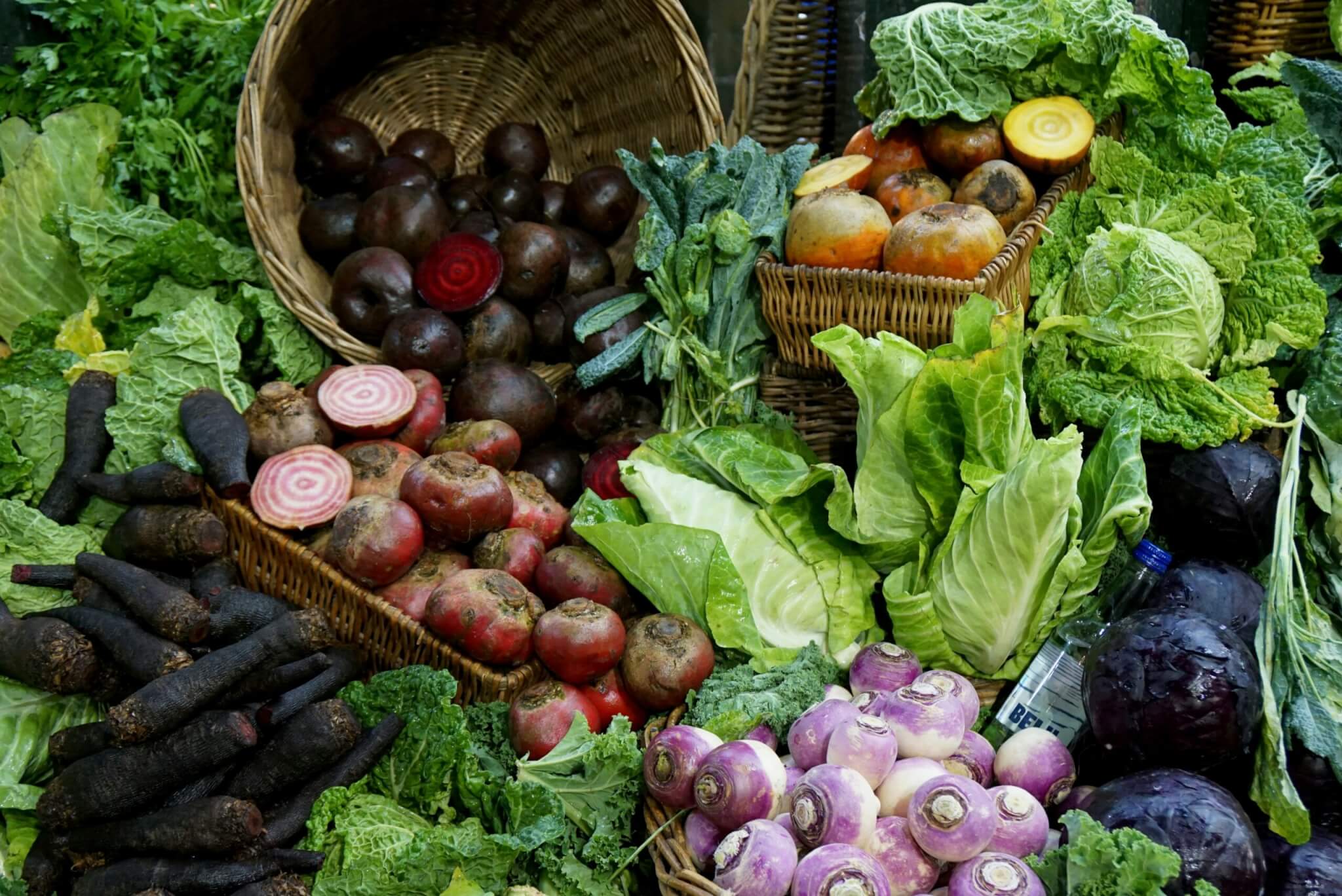A first-of-its-kind report into the state of British trees has found woodland cover is gradually increasing but woodland wildlife is decreasing.
The report, compiled by the Woodland Trust and published yesterday (14 April), said that while the UK’s tree cover has more than doubled in the last 100 years, much of this is non-native species. Woodland today covers 13.2 per cent of the UK’s land surface, up from 12 per cent in 1998. Around a quarter of this is classed as ancient woodland, an area which outperforms newer trees in terms of carbon storage.
Existing native woodlands are isolated, in poor ecological condition and there has been a decline in woodland wildlife, the report found, as they face a range of threats from direct loss to climate impacts, imported diseases, invasive plants, mammal browsing and air pollutants.
One example cited said that climate change means spring is now happening on average 8.4 days earlier, which is catastrophic for blue tit chicks who hatch later than the caterpillars they feed on.
While there are many initiatives to plant trees, the report said these need to be scaled up, more individual trees should be put back in the landscape and damaged woods restored.
“We are on the edge of a new era of interdependency with trees and woods. The role of trees in fighting climate change is now well understood,” said The Woodland Trust president and broadcaster Clive Anderson in the report foreword.

“The challenge is to find the space that trees need to expand and thrive across our nation. As they grow, the roots, leaves, trunks and branches of trees store carbon and, in doing so, they protect us from ourselves,” said Anderson.
“This report from the Woodland Trust lays bare the true state of the UK’s woods and trees. With knowledge comes power. The power to give trees the protection and care they need to survive and the space to grow to sustain and improve our landscapes and lives.”
As a result of its findings, the Woodland Trust made a series of recommendations, including:
- Expand woodland tree cover
- At least quadruple the current rate of woodland creation and increase the proportion of UK-grown native species
- Enhance and protect existing woods and trees
- Enable native woods and trees to become a source of widespread nature recovery and improve people’s lives.
- Inventories of ancient woods and trees need to be frequently undertaken as well as regular assessment of important wildlife sites.
Another area of opportunity is tree cover on farmland, The Woodland Trust said, which estimated that currently, only 3.3 per cent of the 72 per cent of the UK’s land used for agriculture is under agroforestry.
Citizens who would like to help restore trees can also add their name to a petition asking the government for a change to the Environment Bill to help reverse the loss of nature by 2030.












I read this against the backdrop of the HS2 project destroying ancient woodland in its path. They say they are moving it which seems to entail digging up the soil and taking it to a new site. This would be funny were it not so serious but the politicians bought it. Until the latter put wildlife and the environment in front of commerce and profit I fear there is little hope for ancient woodland and the life it supports.
I couldn’t agree more about the ancient woodlands mentioned above. However its not just the ancient woodlands but all trees in the way of HS2, including special celebrated trees are shredded, often only for temporary access roads. This is against the background of this morning’s news announcement of 2035 being the new target date for carbon cutting emissions by 78%. It would be interesting to know the number of trees HS2 has felled in pursuit of this carbon emitting project.
I agree with Richard. Also we are facing the annihilation of the ash tree due to disease – serious on so many levels as it is a tree with many uses, is very widespread and the disease makes it brittle – so they will be a real danger too as they fall. Some landowners are taking responsibility but many are oblivious…especially garden owners….
We really need to plant more indigenous species – but also we just need to set aside land on which our native trees can grow themselves and not be predated….. Trees grow far better naturally than in the serried ranks of plastic tree guards to which we delegate them to…..
Perhaps for every house permission given to developers/builders- they would have to buy and set as protected an acre of ‘proto-woodland’ …..if it had to be done before they built or got any profit – it might just get done….
Our remaining native woodland is of course precious. Planting more native species and creating corridors to join up vulnerable habitats can only be welcomed.
But we should not forget why the expansion of woodland over the last 100 years has been with exotic conifers. First, our consumption of timber is mainly of softwoods (ie conifers) and secondly these have been planted on poor soils only suitable for sheep, moor and heathland wildlife, and growing conifers.
I think we now need land owners to expand tree planting on both poor and fertile soils with the appropriate species, be it native or exotic. The benefits in terms of flood prevention, carbon sequestration and habitat creation are indisputable. The potential for agroforestry is immense. We look to the farming industry to respond and the Government to support them.
“Perhaps for every house permission given to developers/builders- they would have to buy and set as protected an acre of ‘proto-woodland’ …..if it had to be done before they built or got any profit – it might just get done….”
What a wonderful idea. I wonder what the chances are of getting politicians to adopt it?